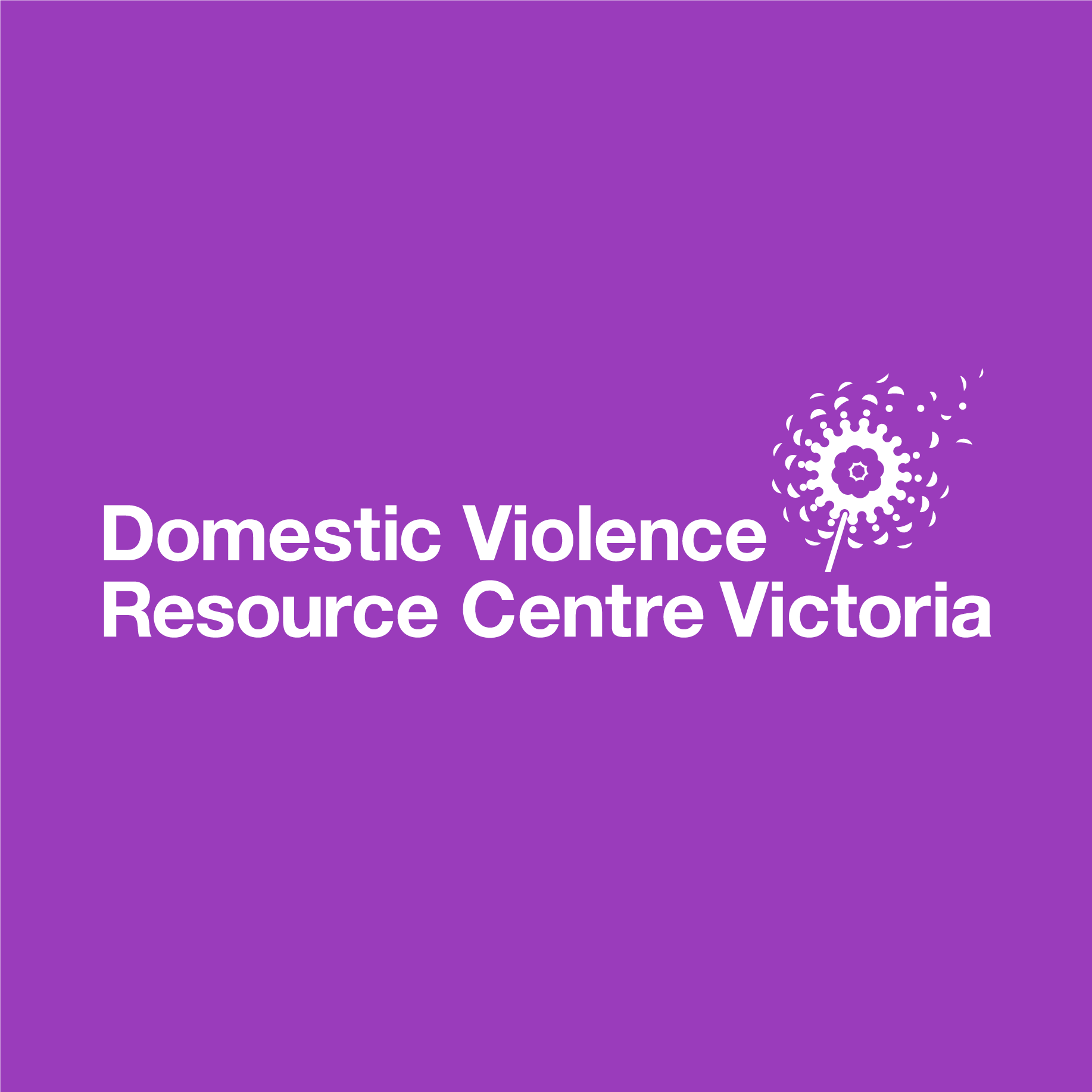Once lodged, urgent applications will be triaged by a dedicated registrar and heard by a judge in the Family Court or Federal Circuit Court within 72 hours.
Urgent applications concerning supervised contact with children arrangements, or children being unable to travel between carers due to current border restrictions, will also be fast-tracked.
The Courts have taken this action after recording a surge in urgent applications over March and April. The Family Court of Australia saw a 39% increase in urgent applications, while the Federal Circuit Court recorded a 23% increase.
Some women’s legal services have also reported an increase in people seeking help since the lockdowns have been enforced.
Will Alstergren, Chief Justice of the Family Court and Chief Judge of the Federal Circuit Court, said the new system is designed to ensure cases requiring urgent attention during this volatile period are identified and dealt with more quickly.
“It is important that these urgent COVID-19 applications are closely managed on a national basis so that they can be heard as swiftly as possible given the unprecedented circumstances we are facing,” he said in a statement.
In order to simplify the process, parties will be able to lodge their paperwork electronically and attend their hearing using teleconferencing software.
These new measures will be in place for at least three months.
Referring clients to legal support
If you are supporting someone who is experiencing violence and wishes to access legal advice or apply for an intervention order, let them know that both legal services and courts are still operating during the pandemic.
The Women’s Legal Service provides free confidential legal information, advice, representation and referral to women, and will continue to provide all of its legal services during the COVID-19 pandemic, although some will be delivered in a modified format.
Victoria Legal Aid and community legal centres are still offering legal advice over the phone and their duty lawyer services are still operating at Magistrates’ Courts across Victoria.
Djirra’s Aboriginal Family Violence Legal Service is also still providing phone support to victim survivors plus representation in court matters.
For information and advice on how to effectively refer a client to legal support and other support services, see this MARAM resource on the Victorian Government’s website.
To see the Family Court of Australia’s full media release, click here.
If you are experiencing violence, require any support, or know someone who does, contact 1800RESPECT (1800 737 732) or Safe Steps (1800 015 188).
Page last updated Wednesday, April 29 2020

